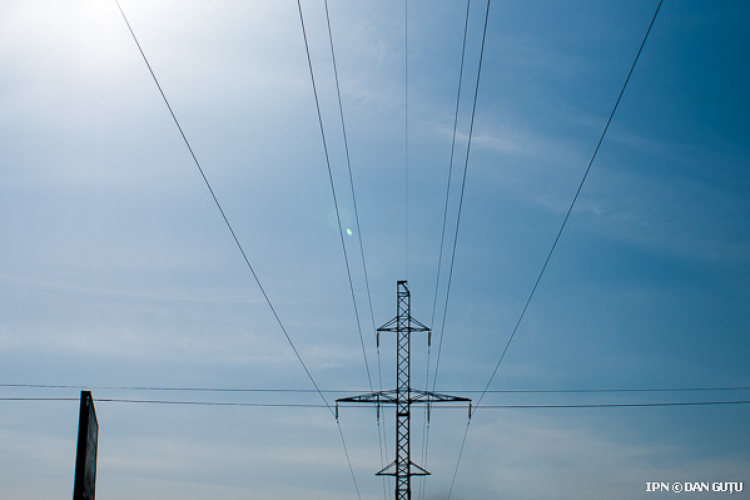During this year too, SA “Energocom” will buy the largest part of the necessary electrical energy from the Kuchurgan power plant (MGRES) located in the Transnistrian region). The weighted average price of energy purchased from the left bank of the Nistru River remains US$66/MWh. The company has also concluded contracts with power producers of Romania and Ukraine, from which it could make purchases depending on availability and offered prices, IPN reports.
The joint stock company noted that in 2023, it ensured the necessary electricity for consumers on the right bank of the Nistru River, buying energy both from the domestic market, as a central electricity supplier, and from the Kuchurgan power plant, but also from imports.
Most of the electricity, about 78% of the total quantity purchased by Energocom last year, was from MGRES, amounting to 3,278,475 MWh. The thermoelectric plants (CETs) in Chisinau and Balti produced in total about 14% of the necessary electricity (605,216 MWh).
Another about 2% or around 81,000 MWh were produced the renewable power plants. This quantity refers only to eligible producers that sell energy to SA “Energocom”. On the market, there are also producers that concluded contracts with other suppliers. In the case of solar, wind and biogas energy, there is also an upward trend, with an increase of 17,000 MWh compared to 2022. Thus, the quantity of green energy purchased by Energocom in 2023 from over 100 producers with which it has contractual relations exceeded the quantity produced by the Balti thermoelectric plant in the same period.
Imported electricity accounted for 6% (250,000 MWh), down from last year. In 2023, Energocom bought electricity from Hidroelectrica, Nuclearelectrica and OPCOM of Romania and, respectively, from Ukrhydroenergo of Ukraine. In 2023, imports from Ukraine amounted to 10,106 MWh, while from Romania to 240,383 MWh, including from the Romanian operator OPCOM, the energy bought on the stock exchange being intended to cover the shortage, especially during peak hours.

